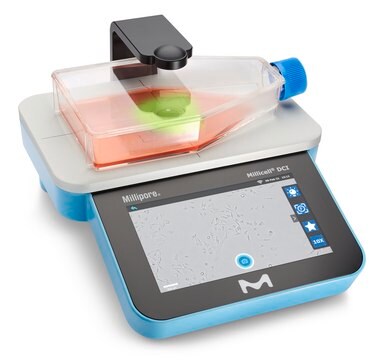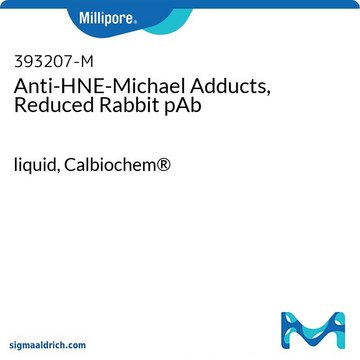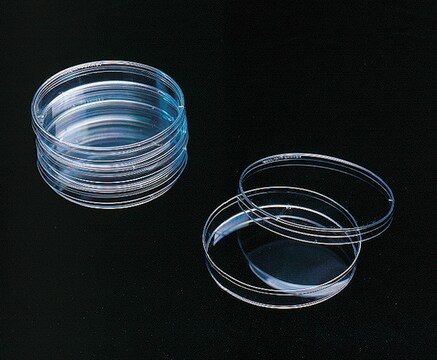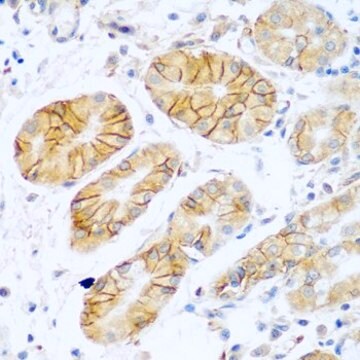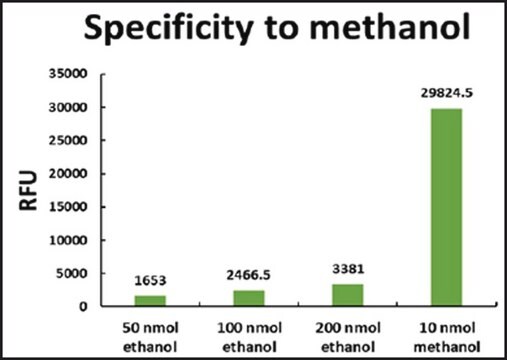MERS03SAP
Millicell® ERS 3.0 Standard Electrode
Standard adjustable Electrode for Millicell ERS 3.0 Digital Voltohmmeter. Can be used with 6-, 12-, 24-well inserts.
Sinónimos:
ERS, Standard electrode, TEER Reader electrode, TEER Reader probe, Transepithelial Electrical resistance
Iniciar sesiónpara Ver la Fijación de precios por contrato y de la organización
About This Item
UNSPSC Code:
41100000
NACRES:
NB.24
Productos recomendados
product line
Millicell®
General description
The Millicell® ERS 3.0 Digital VoltOhmMeter reliably measures membrane potential and resistance of epithelial and endothelial cells in culture. This device qualitatively measures cell monolayer health and cell confluence. The Standard Electrode Probe fits into 3 different sizes of membrane inserts and receiver plates (6-well, 12-well, and 24-well). The Standard Electrode Probe is specially designed to be adjustable so that the depth of the electrode reaches the bottom of the well plate while the adjustable ring rests on top of the well. An Electroless Nickle Immersion Gold (ENIG) plate on each external facing electrode tip measures voltage. The small size of the electrodes enables easy measurement of transepithelial voltage and the resistance of cells grown on microporous membranes.
Application
To study endothelial/epithelial barrier models (like the blood-brain barrier models, gastrointestinal tract models, and pulmonary models), To study efficacy of drugs, To evaluate pharmacological toxicities
Features and Benefits
- Ergonomic standing in-well probe
- Adjustable electrode, compatible with a wide variety of cell culture inserts and plates
- Built-in sensor to measure and record media temperature
- Resistance range of 0 – 100 kΩ, with 1 Ω resolution
- Demonstrates low noise, greater resolution, and high accuracy
Legal Information
Millicell is a registered trademark of Merck KGaA, Darmstadt, Germany
Optional
Referencia del producto
Descripción
Precios
Related product
Referencia del producto
Descripción
Precios
Certificados de análisis (COA)
Busque Certificados de análisis (COA) introduciendo el número de lote del producto. Los números de lote se encuentran en la etiqueta del producto después de las palabras «Lot» o «Batch»
¿Ya tiene este producto?
Encuentre la documentación para los productos que ha comprado recientemente en la Biblioteca de documentos.
Nuestro equipo de científicos tiene experiencia en todas las áreas de investigación: Ciencias de la vida, Ciencia de los materiales, Síntesis química, Cromatografía, Analítica y muchas otras.
Póngase en contacto con el Servicio técnico